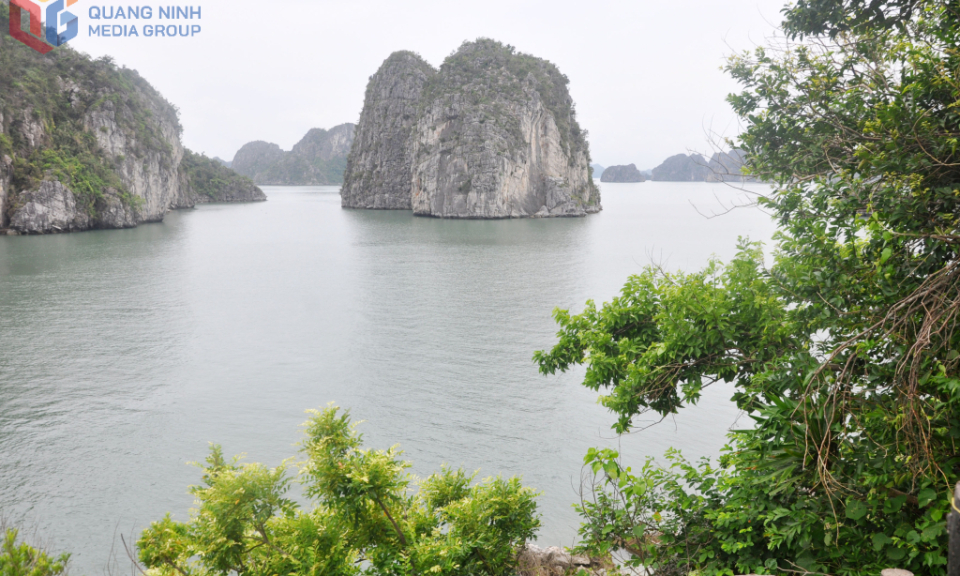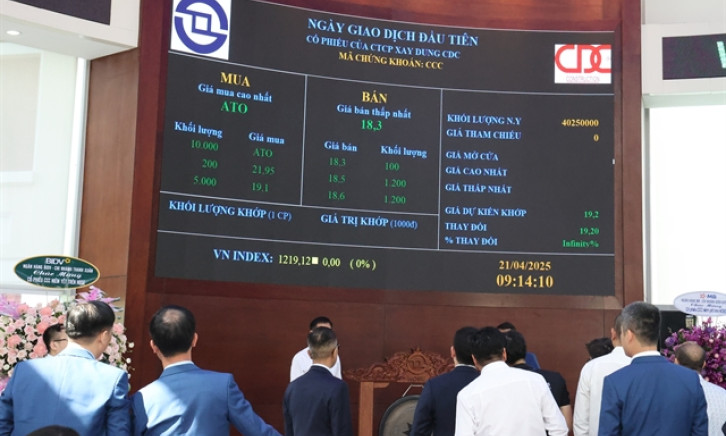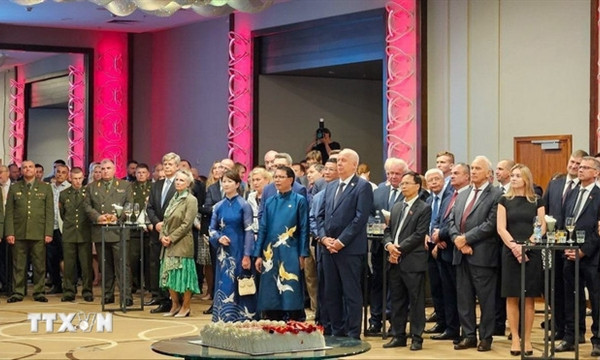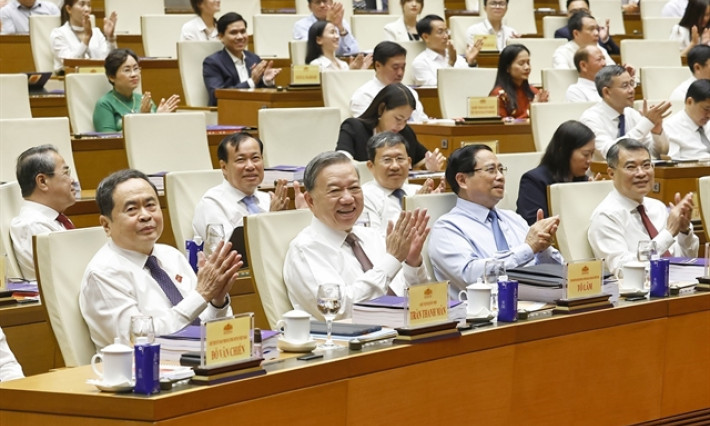Reform across the board for Quang Ninh
Over past years, the northeastern province of Quang Ninh has been winning plaudits for its non-stop efforts to modernise.
More than two decades ago, if one wanted to visit the Hong Gai area from other provinces before going to Mong Cai, they would see how miserable the ferry situation was. Rows of vehicles lined up, taking turns getting off the ferry, back and forth to both sides of Cua Luc-Bai Chay Ferry. It was an arduous journey.
But then, a slew of Quang Ninh Party Committee resolutions sparked a breakthrough, marking the transformation of the province.
Bai Chay Bridge started construction in 2003. In December 2006, the bridge was inaugurated. The completion of the bridge was an infrastructural dream and a boost for the local economy.
Since then, the province has removed many structural bottlenecks. Travel is smooth, and the area has risen and flourished, boosting industrialisation, modernisation, and integration.
Quang Ninh is considered a phenomenon of the country’s development, a model of successful growth model transformation from quantity to quality, with an acceleration from 8.8 per cent of GDP in 2014 to double-digit levels for many years.
The province began to make breakthroughs from 2011 with a creative and approach in implementing strategic development in transport infrastructure, human resources, and administrative reform.
Development drivers
Pham Minh Chinh, then Secretary of Quang Ninh Party Committee and now Prime Minister, initiated the historic strategic shift from mining to tourism and service development.
A 2012 investment promotion conference attracted more than 1,000 people and many large investors came after the conference, such as Texhong from Hong Kong, Rent A Port from Belgium, Japanese group SE, and Vingroup.
At the time, every $1 from the state budget was to be used to mobilise $8-9 from the private sector to invest in the province.
Thanks to strong political determination, during 2016-2020, the first private airport at Van Don was planned and built quickly. Sun Group, the strategic investor, began construction in March 2016, and it was completed in late 2018.
Sun Group has also invested in Halong International Cruise Port with $43.5 million, and Halong-Van Don Expressway with $515.65 million.
After 60 years of development, Quang Ninh has become an innovation centre for the Red River Delta. Since 2016, its urbanisation rate has ranked at the top of the country. Growth quality has also been significantly improved, while the scale and potential of the economy have increased significantly.
In the 2021-2023 period, the province achieved a regional GDP growth rate of 10.4 per cent a year, higher than the target, and the scale of the economy this year is expected to reach over $13.1 billion, an increase of 1.5 times compared to 2020.
Over the past five years, the province has issued well over a dozen separate policies on social security and social welfare and prioritised the allocation of large resources to especially difficult areas, ethnic minority areas, policy beneficiaries, and disadvantaged people, narrowing the development gap between localities and regions.
At the same time, Quang Ninh is also the top locality in the country in implementing various economic breakthrough models in areas such as people-party development, regional medial, e-government, and public-private partnerships.

Connecting and creating
During the COVID-19 pandemic, the province remained self-reliant and resilient, with bold and practical decisions which helped to maintain a safe and stable development climate. The province became one of the few bright spots in the country in terms of COVID-19 prevention and control during the tougher periods.
Meanwhile, with a plan to boost traffic infrastructure development, Quang Ninh has renewed methods of mobilising, clearing, and connecting resources by using public investment to woo private funding, saving recurrent expenses from its coffers.
It has also increased development investment expenditures associated with restructuring public investment that annually reaches over half of the total local budget spending, and persistently implementing effective investment in the form of public-private partnerships.
Quang Ninh focuses on creating breakthroughs in administrative reform, improving the quality of service in service of the public and businesses, ameliorating the investment and business environment. For many consecutive years, the province has also sat in the top group in the country in terms of numerous regional performance indices.
By the end of 2023, the province will complete the national target programme on new rural development, entering the phase of building advanced and model rural areas. Also, the programme on sustainable poverty reduction for the 2021-2025 period was completed three years in advance, to move to the construction and implementation phase.
“The province has overcome difficulties and achieved comprehensive results in all fields, and become one of the top provinces in innovation of the Red River Delta, and a growth driver of the northern region,” said Nguyen Xuan Ky, Secretary of Quang Ninh Party Committee.
“Those achieved results come from the efforts, commitment, and great contributions of local Party committees and organisations, and authorities at all levels, the Fatherland Front, socio-political organisations, and people from all walks of life,” Ky continued.
The province wants to realise the set ambition by 2025 to maintain an annual growth momentum of over 10 per cent, with regional GDP per capita reaching over $10,000.
In the vision to 2030, Quang Ninh will focus on building and developing itself into a rich, beautiful, civilised, and modern province. It will also grow to become one of the dynamic and comprehensive development centres of the country, and become an international tourism hub, as well as a gateway to the Northern Key Economic Zone and the country as a whole. The province’s GDP per capita aims to hit more than $15,000.






